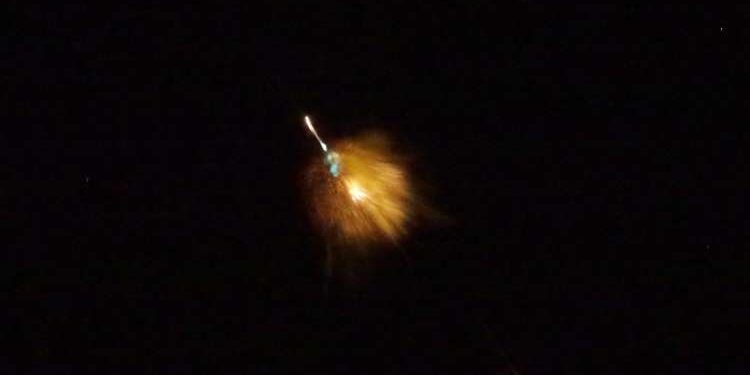The attack on October 7 initially aroused hope in Israel to mobilize the international community against terrorism. However, she led to increased isolation for Israel, with limited international support and a questioning of her legitimacy to the genocide of the Palestinian people.
Despite this disappointment, the recent Iranian attack offered Israel an unexpected opportunity to reaffirm itself on the international scene. Instead of considering it as a victory for Iran, Israel has managed to place itself in the center of a renewed international consensus.
The Israeli daily Haaretz qualified this unexpected second chance for Israel, highlighting the country’s resilience and the support of its allies.
This new episode of tensions highlighted the growing issues between Iran and Israel and raised questions about the international reaction to this escalation of violence.
Before October 7, defense negotiations were underway between Israel and several Arab countries, under the aegis of the United States as part of the Abraham agreements. However, the attack on October 7 and its repercussions left this cooperation in an area of uncertainty, despite the interest manifested by countries such as Saudi Arabia.
The United States with the exceptional participation of Arab countries like Jordan played a crucial role in the neutralization of Iranian attacks.
An American official told Wall Street Journal that half of the ballistic missiles launched by Iran did not take off or fell from the sky before reaching their target, highlighting Iran’s weakness in the face of conventional military threat.
In addition, some Arab countries have intensified their efforts to participate in the defense against Iranian attacks, despite tensions with Israel and the United States, thus suggesting a stronger rejection of Iranian Mullahs than Israeli Prime Minister Benjamin Netanyahu.
In this tense context, the situation in Gaza reminds us that Palestine is not the first priority of Westerners or even that of the Arab countries of the region.








